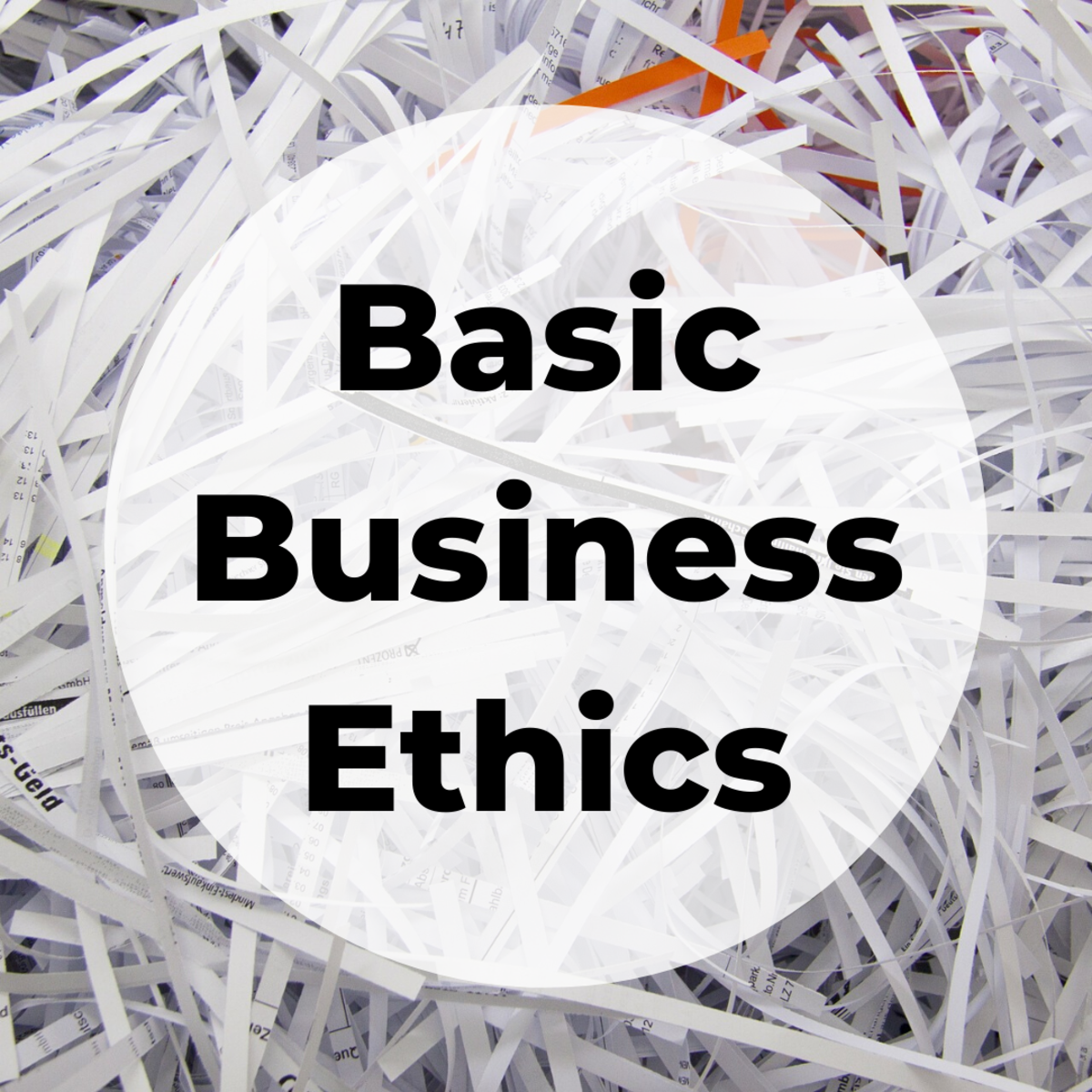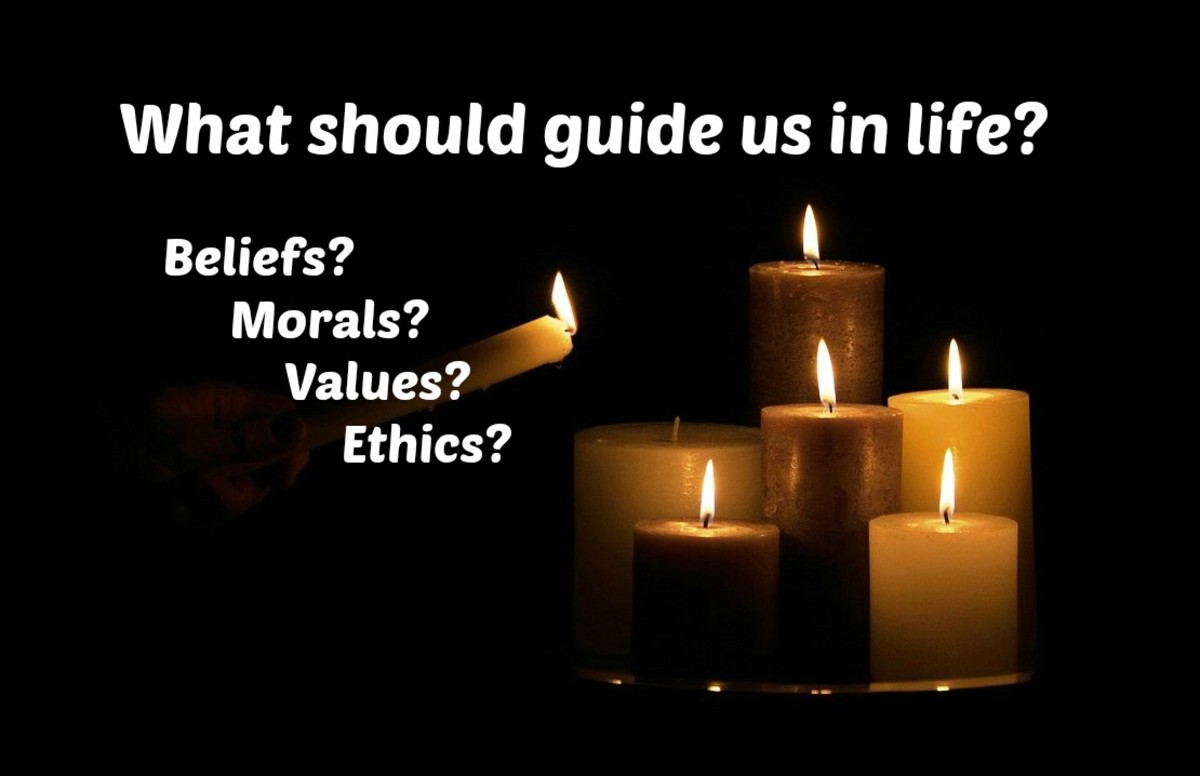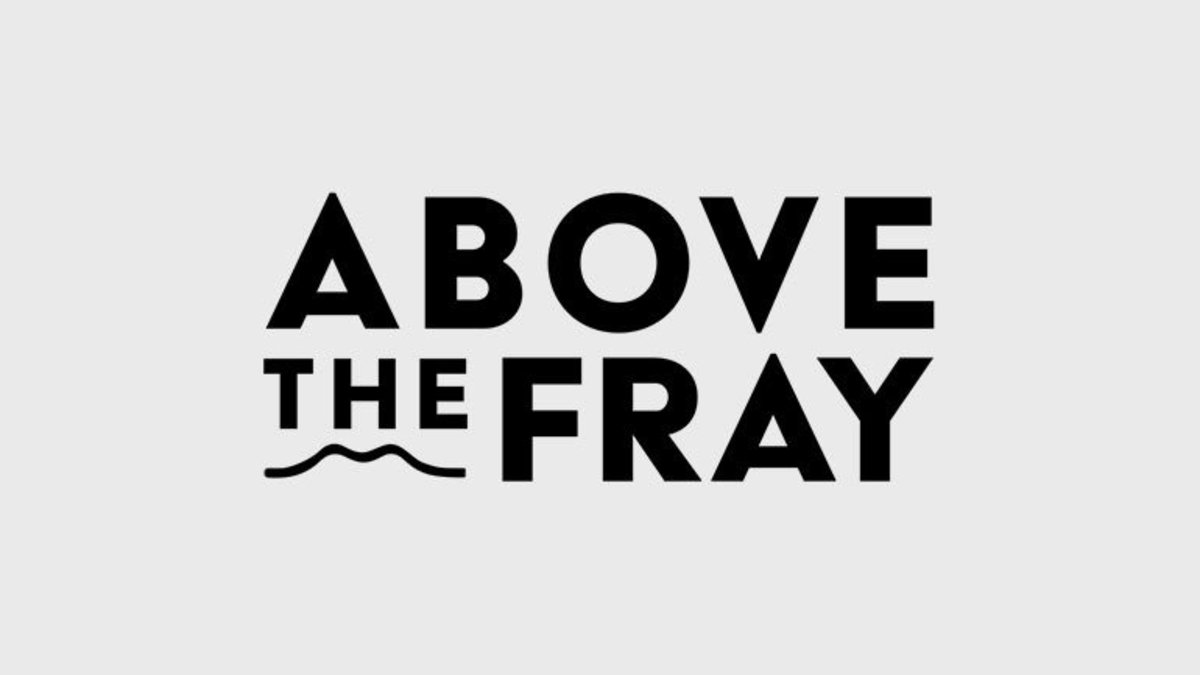Virtue Ethics
Virtue Ethics has been around for a long time. It is the contrast of the two major ethical theories, which are Absolutism and Utilitarianism. Unlike most ethical theories, Virtue Ethics does not concentrate on the actions of people and what they should do, but who they are and who they should be. A virtuous person for example, might argue that a good person can and will makes mistakes, therefore we should not judge on that basis; whereas most theories put virtues as a secondary concept, it is a primary one in this case.
Aristotle was one of the first to come up with the idea of Virtue Ethics and came up with a principle to try to follow. It was known as the deficiency, the mean and the excess. For example, you could be deficient in such a way that you are very pessimistic, or so focussed on what you want to happen that you ignore the facts and become denial. This is excess; the mean, is the perfect place to be, where you have not too much and not too little. Optimistic. You hope for the best, but you don’t ignore all the facts that would go against it. Aristotle believed that this was where you found eudemonia.
Nowadays, we focus more on the main theories and their aspects dealing with action, principle and rule, but there have been a few that approach Virtue Ethics in this time and carry on with Aristotle’s idea.
In 1958, Elizabeth Anscombe wrote an article called ‘Modern Moral Philosophy’. She developed an ethical approach based on virtues with someone who lived a ‘good’ life. What Aristotle would consider eudemonia or someone who has fulfilling their purpose to the final cause.
This was different to the main ethics at the time, because it took moral debate away from rules of behaviour onto questions about the meaning in life and the values that we hold and a people and as an individual person. This view thought that Kant’s Ethics and Utilitarianism were not adequate enough for today’s world. It was alright in the past, but as times changed she thought that it was getting out of date because it focussed on the point that all that it all had to do with God and God being the purpose for everything and our goal; however, not everyone believed in God, so those theories would exclude them from everyone else. Virtue Ethics does not need a religion to follow or agree with as it is based on morality from the point of view of an individual person, not morality from that point of view of those who believed in God. This is why Anscombe thought it was better to go back the Aristotelian idea of living.
Kant argued with this saying that it should not be virtues for an individual person, but for the whole community because everyone in that community has duties and responsibilities that they have to withhold and cannot drop them because there is something more enjoyable they’d rather be doing. However that was not what was meant my Virtue Ethics, it is about what is right and ‘good’ and to spread eudemonia across to as many people as possible.
Virtue Ethics moves away from obeying rules and onto appreciation of how to express one’s potential. It can appeal to feminists, who believe it is more intimate than other theories, which are more from a male approach. The argument for Virtue Ethics is that most people act on their emotions than on reason, so it is more suitable for that reason. It takes into account the needs and desires of individual beings, not for the society as a whole.
Alasdair Macintyre focussed on moral problems to do with how to make the most out of life. He does approach issues such and politics, but in a wider context and less based on rules. Similarly to Aristotle, Macintyre said that good and evil are judged on what a virtuous person decides, says or does. He also stated that Virtue Ethics is a quality acquired by human beings. This quality enables us to achieve those goods. In his book “In Search of a New Morality” He asks the questions “What sort of person should I become?” Unlike other theories, which have questions such as “Which rules do should follow?” He said the question was inescapable and that the answer was given in the practices of each human life.
He believed that there were too many different ethical theories and so many people get confused on which one to follow. Macintyre said that we had to go back to the time before the ‘Enlightenment’ and follow Aristotelian ways, but modernised, to save Western humanity from the clinch of Nietzsche’s strong hold, who was a man he disagreed with in ethical theory.
Due to the fact that there are so many theories on ethics,– such as Relativism, Situationism, Absolutism, Utilitarianism, Legalism, Antinomianism and Natural Law – it brings about controversy on which is the correct one, or in which case should I use a particular theory. This leads to the question of how many of them are actually useful and which ones just complicate matters? With Virtue Ethics, there are arguments for and against its use in the world.
The main arguments would be that it only helps the individual and not the people as a whole. Kant argued that if Virtue Ethics is based upon the development of the individual person, on what they see as good and bad, the community will lose out because that person has stopped their duties for their own personal endeavours. In a way, he finds this a selfish theory, not holding a secure foundation for its case. Kant believed that it was more important to satisfy the community as a whole than to deal with one individual. This would be countered by saying that by dealing with people individually, all their personal needs will be bet, therefore satisfying everyone’s needs as whole. This will benefit everyone and allow them to reach eudemonia. They would be able to help each other, while getting their own desires met, therefore getting the transient happiness they want, but also eudemonia, which is fulfillment in life. This then means that they have a ‘good’ life.
Utilitarianists might say that transient happiness is not needed to have a ‘good’ life and purely eudemonia by itself was the perfect amount. They might use a Virtuous person’s beliefs against them in this case, saying that no happiness is a deficiency, eudemonia is the mean but that having transient happiness is an excess.
In conclusion the third argument might suggest that it isn’t ethical. Ethics means habit or custom, therefore requiring some kind of action. Other theories have rules or principles that should be followed. These will have some kind of action, such as helping others, or not allowing euthanasia, and so on. However, Virtue Ethics as said in the title of Anscombe’s book is a ‘philosophy’. As in, it seems to have a lack of action put into their theory. It is talked about and discussed, but not a lot is done about it, because Virtue Ethics is about who we are and what we should be and how we should be it. It doesn’t give answers on how about doing this.
Though it is all right to discuss and the ideas behind it are moral, it is not going to achieve much if it does not act upon its theory. Therefore, I do not believe that Virtue Ethics is particularly useful as an ethical theory, but it is however, very good as a theory and philosophy because it fulfils our needs as a human being and as an individual person with our own individual ideas, questions, reasons, emotions, likes and dislikes.








